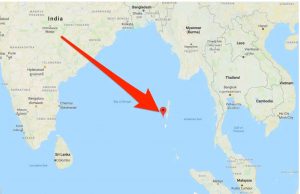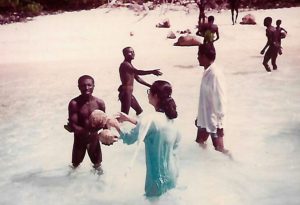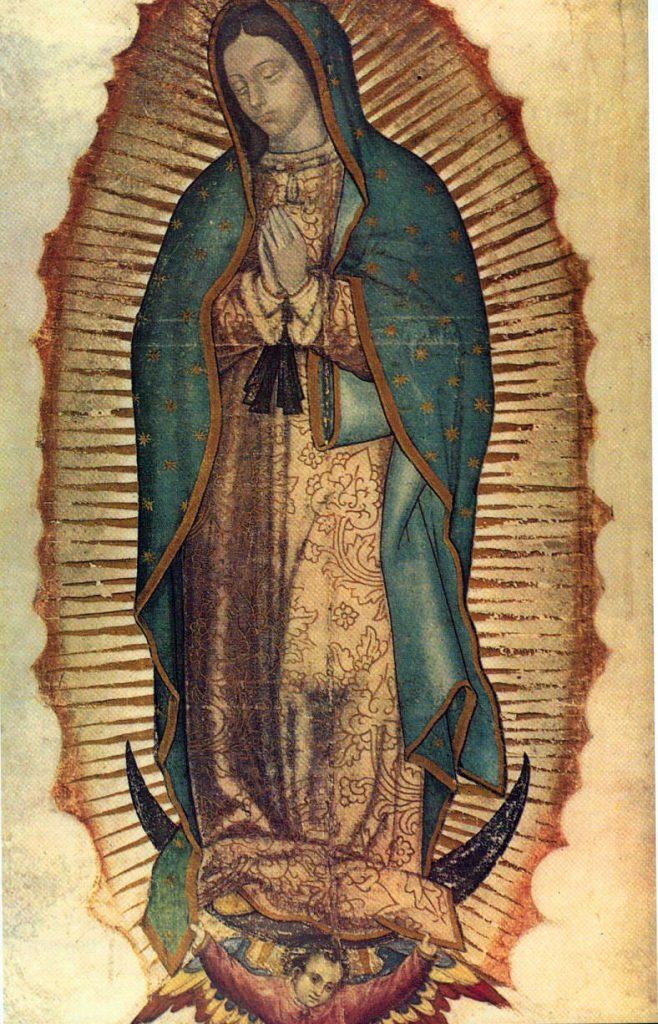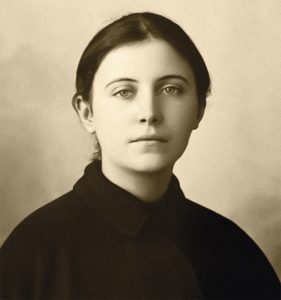North Sentinel Island is 1,700 kilometers southeast of India, on which an indigenous hunter-gatherer tribe has lived for an estimated 26,000 years with barely any contact with the outside world. In 1867 and 1977, two vessels were shipwrecked on the island and attacked by the tribe until rescued. To respect the tribe’s wish for isolation, India has banned all visitors, except for an anthropologist who tried to make contact with them over 24 years.
During this time, his team would purposely drop gifts in the water which would float ashore, in order to build trust. But the tribe resisted and even shot the man with an arrow. In 1991, however, there was a breakthrough: He sent a junior aid, Madhumala Chattopadhyay, to lead the dropping of gifts, the first time a woman was involved. This time, members of the tribe came out and received the coconut gifts. Chattopadhyay “suggested that her presence as a woman signaled to the tribe that her crew didn’t have any aggressive, warlike intentions”.
- Source: atlasandboots.com
Today we celebrate Jesus’ Ascension into heaven, and the Second Reading speaks of how He offers various gifts. Since today is also Mother’s Day, let’s ponder the gift of motherhood.
Do you think our culture celebrates motherhood, and fatherhood, for that matter? When we ask children what they want to be when they grow up, how many girls say they want to be mothers? The current five-time Mr. Olympia, Chris Bumstead, of Ontario, is an outlier when he says, “The number one thing I always wanted to be was a dad”. Because most of us were never taught that fatherhood and motherhood are more important than career, we probably entered unprepared and struggled more than necessary. So, today will help us a little to understand God’s plan for motherhood, and we’re going to end with what may be the funniest action item I’ve ever suggested!
St. Paul first writes about the unity of all people in the Church, “I… beg you to lead a life worthy of the calling … making every effort to maintain the unity of the Spirit in the bond of peace. There is one body and one Spirit, just as you were called to the one hope of your calling, one Lord, one faith, one baptism, one God and Father of all” (Eph 4:1,3-6). There are seven points of unity here that give remarkable unity to Christians.
But, then St. Paul speaks about the different gifts within the body, which is important, because our culture loves equity. However, Jesus gives gifts differently: He gives some more and some less. We are all necessary, but have different roles in His body. St. Paul’s point is that the body functions well when each part contributes its unique gifts.
“But each of us was given grace according to the measure of Christ’s gift. Therefore it is said, ‘When he ascended on high he made captivity itself a captive; he gave gifts to his people’” (4:7-8). The first sentence is clear: Jesus gives different gifts to different people in different amounts. The second sentence comes from Psalm 68, and the idea is this: When the Jewish people in the past had defeated their enemies, they took their possessions and gave them to their people. St. Paul now changes and applies this to Jesus: When Jesus defeated his enemy, the devil, he rescued everyone who was under the devil’s power and then gave them gifts, especially the gift of heaven, to where He ascends first.
Finally, St. Paul tells us the goal. “until all of us come… to maturity, to the measure of the full stature of Christ” (4:11-13). The goal isn’t to have more gifts or the best gifts, but to reach ‘maturity, the measure of the full stature of Christ.’
So, here are three ways in which mothers, in fact, all women who live out their spiritual motherhood, bring us to spiritual maturity.
1) Mothers show us God’s immanence, meaning they’re a unique sign that God is close to us. We talked about this three years ago: Mothers represent how God is close to us while fathers represent how He’s away from us. This reflects the experience of human birth: When a child is born, the mother is usually close by—she’s imminent. But the father is outside this process—in a certain sense, he’s transcendent to the child. And so, the mother must introduce the child to his or her father.
This is why the Church is called mother, because she introduces us to God, Who is outside our physical universe, and this explains why we call him Father. Women are closer to life than men are because they bear life within, whereas men give life outside of themselves. And while it’s possible for us never to have known our human father, by definition, every person has had an intimate physical connection to their mother, and that’s a sign that God’s close to us.
2) Mothers help bring us to God. Three weeks ago, I mentioned how two priests were instrumental in making me the man and priest I am today. But, it was my mother who pointed me to Jesus and my dad’s sister who invited me to get confirmed.
In the 16th century, missionaries from Europe bore little fruit in terms of evangelization; most native peoples in the Americas didn’t accept Jesus. Some of it surely resulted from the sins of many Europeans who were out to conquer, but the evangelists themselves were also simply not able to reach the people. However, in 1531, our mother Mary appeared to an indigenous man Juan Diego Cuauhtlatoatzin, and imprinted her image miraculously on his cloak. The image is of a pregnant woman in an artistic style that would be recognized by the native peoples. In the following eight years, nine million native people became Catholic! People in Latin America say that you can’t understand their history without Our Lady of Guadalupe.
As we continue to celebrate the adult Baptisms from the Easter Vigil, today’s testimony comes from Vivian and her daughter, Angela. What’s striking is how much Vivian prioritizes the spiritual welfare of Angela and her son Nathan, and notice how it’s impacted Angela.
3) Three weeks ago, when we talked about men being called to lay down their lives so that others may live, this image particularly resonates with many men. Yet, with women, a different reality often speaks to them, and it’s empathizing with Jesus’ suffering. While Jesus was enduring His passion, it was mainly women who stayed close to Him, and they suffered with Him emotionally and spiritually, which led to a physical suffering within them. He endured His passion, which means suffering, while they endured their com-passion, which means to suffer with.
It’s well known that women overall are more empathetic than men, and this has played out in the history of saints. While more men have been martyrs, statistically more women have borne the stigmata, that is, they experienced physical manifestations of Jesus’ wounds. For example, St. Gemma Galgani had real bleeding on her hands and feet.
I used to think of the stigmata only as a great suffering, but then Pope Benedict XVI mentioned that it was a gift for people who loved Jesus so much that they shared His pain.
Now this brings us to our action item. Because mothers are close to us and empathize with us, they often do too much for us, to prevent us from suffering. However, the danger is that they prevent us from maturing. So, here’s my suggestion: Maybe you should stop doing the dishes for your children, plus stop doing their laundry, and stop doing things that we can do ourselves.
Please apply this to your concrete situation. If, in your family, everyone’s contributing to the best of their ability, then you’re doing well. But, if your sons, daughters, maybe husbands, or anyone else you live with isn’t being responsible enough, you’re not helping us by doing these household tasks. You may be falling into the trap of loving us poorly so much that we’re not reaching the maturity of Christ. Happy Mother’s Day!
Mothers are the icons that God is close to us, that He always reaches out to us gently, and that He empathizes with us. Jesus gives these gifts, and asks women to exercise them insofar as they help us reach holiness.







